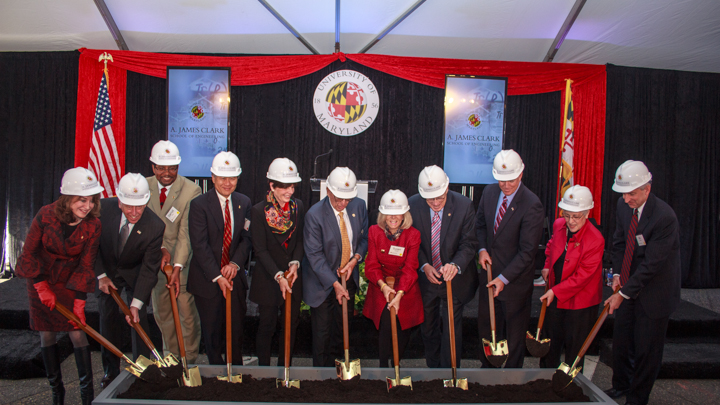Views expressed in opinion columns are the author’s own.
Improving STEM education has become a popular initiative at schools such as the University of Maryland. With U.S. competitiveness in the global economy at stake, educators and policymakers have championed increasing the number of college graduates in these fields, reducing student attrition in STEM majors and increasing scholarships and funding for STEM programs.
As we push students to obtain STEM degrees, we risk marginalizing the humanities and social sciences. This cannot happen. Disciplines such as history, literature, foreign language, art, philosophy and the social sciences prepare students for positions of leadership. They teach students how to understand and manage the human condition and human difference.
At this university, all students are required to earn credit for at least two social science or history courses and two humanities courses, as well as an academic writing course. Students have an incredible amount of latitude to decide how to fulfill these requirements, even though the courses comprise about 15 credits of their degrees.
That being said, the humanities and social sciences focus on the lasting challenges facing us all: Creating lives of purpose and meaning, appreciating diversity and complexity, communicating effectively with others and learning to overcome adversity. Ultimately, our ability to work meaningfully with others despite differences will determine our society’s capacity for progress.
That’s why these spheres of thought and learning are an essential part of undergraduate education. Everyone, regardless of their career, needs to have cultural understanding, empathy and social and emotional intelligence.
Success often requires a degree of sensibility about the world and one’s place within it; this is something that the humanities seek to cultivate. Understanding the dimensions of your identity and its connection with the outside world — coupled with the understanding of economic and societal contexts that the social sciences provide — allows you to synthesize, work through and overcome life’s obstacles.
Moreover, given the current increasingly complex political and cultural climate, developing skills that cultivate a passion for lifelong learning is imperative. It is necessary to engage with the narratives and experiences of others to thrive in a world that requires constant adaptation and understanding. We do so by reading novels, engaging with the history of a place or people, learning a new language and so on. This type of learning fosters both empathy and curiosity — something our world is consistently lacking.
More than anything, though, universities must stop pushing restrictive and binary categories onto students from the moment they enter college. The crucial question orbiting students throughout their education should not be whether they will be a “science and technology person” or a “humanities and social sciences person.” Rather, college is a time to encounter difference, to learn what you like and what you don’t, to find the fields and problems that move you, to change and grow as a young person coming of age in the world.
Sarah Riback is a sophomore English and sociology major. She can be reached at riback.sarah@gmail.com.



